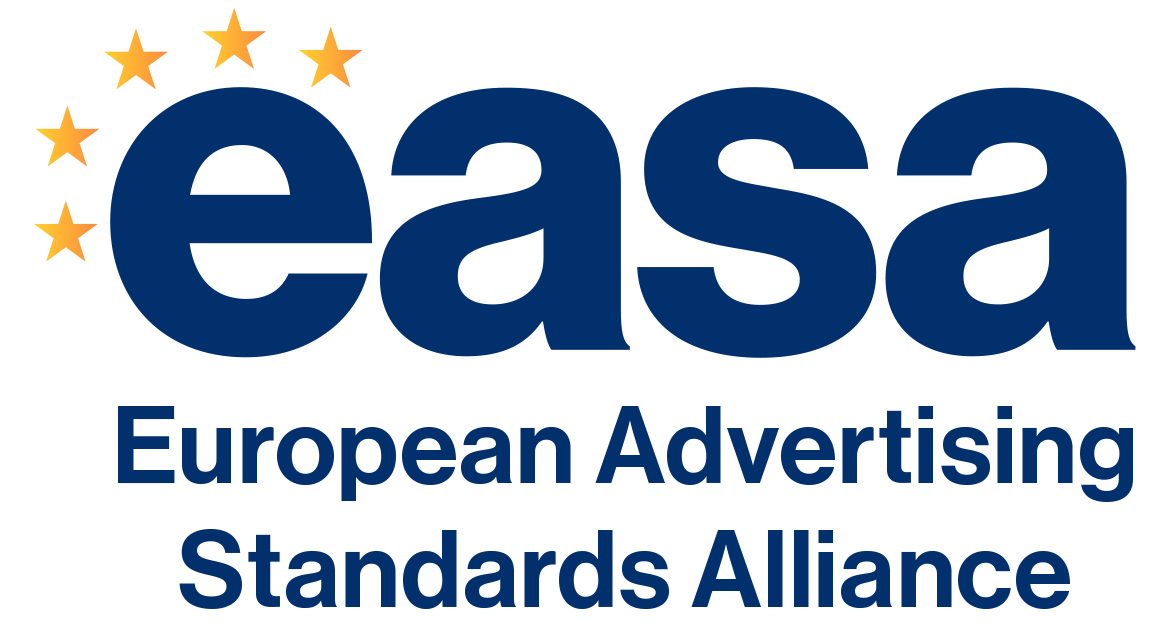Mission
IAP’s objective is to make sure commercial communications are honest, true and correct. It uses an established system that is rapid and effective, able to eliminate bad advertising and protect the good.
Who must follow the code
The Self-Regulatory Code is binding for (those advertiser that invest in communications) agencies, consultants, media, sales houses and all of those that accept this Code by entering into an agreement or by signing a contract for advertising.
In fact, the entities that adhere to the code typically include an acceptance clause in their contracts or those of their associates asking users to follow the Code and self-regulatory policies. Therefore, the majority of Italian commercial communications is held to this Code.
Main characteristics of the self-regulatory system
- Speed
The simplest cases only require a few days. More complex cases that go before the Jury are usually resolved in 8-12 working days. - Independent monitoring mechanisms
The members of the Jury and the Review Board aren’t chosen from among professionals that already work in the self-regulatory of commercial advertising. They are people that must be able to judge in an absolutely independent and impartial manner, respecting the special Rules for guaranteeing impartiality in self-regulatory rulings. - Effectiveness of sanctions
The Jury’s verdicts or desist orders of the Review Board are effective immediately and the offending message must be taken out of distribution immediately. - Free of cost and easy for citizens to use
Anyone can use the online form to notify us of messages that do not comply with the Code. About 90% of the decisions made by the self-regulatory body are to protect the citizen/consumer. - Transparency of decisions
Full cease-and-desist orders and the briefs of Jury rulings are all published on the Institute’s site. - Flexibility
The Code’s regulations are constantly updated to keep up with the rapid evolution of communications. - Prevention
The Institute doesn’t only work to withdraw advertisements that don’t follow the rules – it offers two fundamental services for industry professionals as well. It offers copy advice before an ad has been published and protects the creative elements of future campaigns (pre-emption).
Self-Regulation and the State
The European Union looks favourably on self-regulatory bodies in advertising.
Directive no. 450/84 on misleading advertising states that “voluntary monitoring carried out by autonomous organizations to eliminate misleading advertising can eliminate judicial actions or administrative appeals, and therefore must be encouraged.”
Subsequently, Directive no. 29/05 on misleading and comparative advertising states that “it is opportune to create codes of conduct so that professionals can apply the principles of this directive efficiently in specific economic sectors. The monitoring carried out by those behind these codes on a national or at a European level to eliminate practices of unfair competition can avoid having to take judicial or administrative steps, and thus should be encouraged.”
Based on Europe’s endorsement of this practice, In Italy, the Consumer Code has a standard that formally recognizes the existence of voluntary, autonomous self-regulatory bodies. Furthermore, this norm allows for the possibility to ask to suspend proceedings before authorities pending the ruling of the self-regulatory body.
In the field of commercial communications, the Institute for Advertising Self-Regulation is just one of the possible means for self-regulation. Because of its history, its representativeness and its efficiency, it offers itself as a sort of “necessary community” made up of all of those various people who are interested in monitoring commercial communications. Thus it has become a “natural” interlocutor for Italy’s Antitrust Authority.
State judicial bodies have also recognized the value of Italian advertising self-regulation. For example, a ruling from the Court of Appeal referred to rules in IAP’s Code and specifically the value of parameters for propriety and a professional code of conduct, which can adapt the principle of professional ethics to the evolution of the needs of business.
In addition to this formal recognition of self-regulation on a national and European level, there’s the Agreement between the Ministry for Equal Opportunities and the Institute for Advertising Self-Regulation as to commercial communications with gender-based content.

